Each morning parents across Australia send their children to school trusting that they will be in a secure, nurturing and happy environment. However, recent research by the Federal Government has found that one in four Australian schools are affected by bullying, with cyber bullying experienced by one in ten children.
So, how can you find out if your son is being bullied? There are various behavioural and physical changes that can occur which could potentially be symptoms of bullying:
Behavioural changes
- Your son has become withdrawn
- He is scared of going to school
- Signs of depression are evident
- He speaks about another child with fear
- You have noticed a decline in how your son sees himself
- Signs of physical altercations on your son’s body, including bruises, scrapes or other marks
Physical changes
- He comes home with torn, damaged or missing pieces of clothing, books or other belongings
- He has unexplained cuts, bruises and scratches
- He breaks out in cold sweats when it comes time for school
- He has lost weight and appetite has lessened
- He is having difficulty sleeping and regular nightmares
What do you do if your child displays any of these symptoms?
Discretion is key
Most children will not readily volunteer this information to parents for fear of either not being believed or retribution from the bully.
The following are questions to ask that may see your child open up:
- I have heard that there is bullying going on in your school. Is everything ok with you?
- Are there any kids at school who tease you in a mean way?
- Who do you sit with at lunch and on the bus?
- Are there any kids at school who you do not like? Why do you not like them?
- Do you get involved in playground activities on the playground?
Do not overreact if you realise that your child is being bullied. Let them know that you are there for them and that they can talk to you about anything. Assure them that it is not their fault and that you are glad that they opened to you.
Bullying can make children feel helpless, so assure them that you are going to take control of this situation and that they are not alone.
The next step is to call the school and arrange to see either their teacher or the school counsellor. When doing so assure your child that this matter will be kept discreet and that the other children will not be told about it. This will further ensure that your child feels safe and protected.
For more information related to boys’ learning and wellbeing and to stay in touch with school news, sign up to our e-newsletter here.






